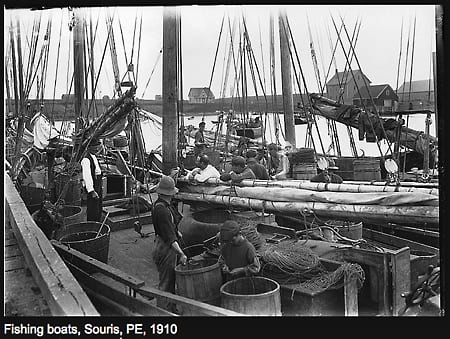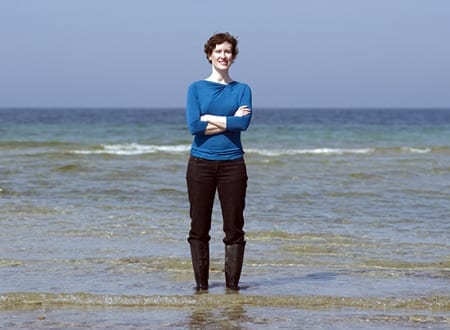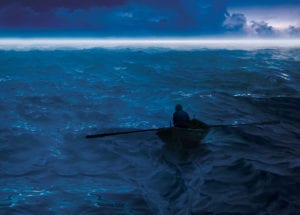The storm passed and so did the election, strangely intertwining both in a way that made hard to distinguish one from the other. In a world steamrolling to global weirding certain people call a late October hurricane in Manhattan “the new normal”. For some absurd reason such a catchphrase has also become political, either tabu, denied, or embraced and yelled with sad predictability.
I do not have the answers, cannot recite the facts, numbers, figures, correlations or graphics and wont pretend I do. If the whole issue is tabu to you chances are you stumbled upon this post and are shaking your head in disgust. If you believe, worry and despair you probably find the futile comfort and warmth of this small reflection of your credo. I simply and desperately wish we could all quietly agree the storm showed once again how mighty strong nature is, how easily it turns a cargo boat into a sinking toy and it blows the million dollar homes like dandelion seeds in July. Maybe then being humble, respectful, watchful and preventive will also become the new normal.
Some news to keep afloat in the current surge of information; we do not want the blog to flood too. November feels the longest month of the year:
≈≈≈≈“Fish on Fridays: Hurricane Sandy, Climate Change, and the Future of Fish”, a Center for American Progress article by Michael Conathan.
“As our last wild capture industry, fishing businesses are arguably more reliant on natural forces than any other profession. It’s a centuries-old vocation, inherently dependent on knowledge passed down from one generation to the next, so when species distribution patterns evolve, even subtle change becomes readily apparent.”
≈≈≈≈A BBC World Service audio piece on the Anthropocene, “the age we made”. “Millions of years from now, scientists will be able to read the rock forming now and see that something profound and unprecedentedly rapid…” LISTEN to it HERE
≈≈≈≈Talkingfish.org recently interviewed Woods Hole Oceanographic Institution Research Associate Sarah Cooley about the impacts of Ocean Acidification on the shellfish industry and the future of the New England waters.
Read it HERE
≈≈≈≈For once, a bi-partisan move trying to save the Washington State’s shellfish took place last month: Gov. Chris Gregoire formed a 28-member panel to work on a 43-item list of projects and 20 top priority measures on Ocean Acidification the state could tackle prior to the upcoming state legislature session in January.
“Potential top priorities include:
1 Reducing air emissions that can be linked to local ocean water acidity.
2 Reducing amounts of nutrients flowing into local sea water. These measures could involve overhauling sewage treatment plants and other sewage system to meet standards that still need to be set..
3 Exploring using salt-water vegetation to combat the impact of ocean acidification.
4 Improving and expanding monitoring of ocean acidification.”
SOURCE
≈≈≈≈It has been a while since we put a Youtube video on Ocean Acidification. This one is for children and was created by ATMO‘s Atmospheric Sciences Outreach group.
≈≈≈≈Seminar day on Ocean Acidification in Gothenburg, Sweden for the 30th of November. It is organized by the Swedish Agency for Marine and Water Management and you can register by sending an email to Kerstin Cote HERE or download a PDF with details HERE
≈≈≈≈A six week laboratory experiment by the University of Otago on algal communities and their response to Ocean Acidification.
“This project has shown that greater CO2 concentrations could positively influence photosynthesis in some species of fleshy macroalgae by reducing carbon limitation, however, calcifying algae are vulnerable to the oceanic chemistry changes caused by ocean acidification. These varying responses among species and the variability of communities under different levels of water motion is likely to lead to communities responding to ocean acidification at a local scale.”
Read more from the SOURCE
≈≈≈≈A controversial but nevertheless interesting text by Bernard David for the Huffingtonpost: Climate Change and its Influence On Investing: A New Perspective
≈≈≈≈PhD project opportunity to study carbon dioxide uptake and carbonate chemistry in UK shelf waters. The deadline to apply is the 17th of May 2013 and you can read more about it on the University of East Anglia’s website.


